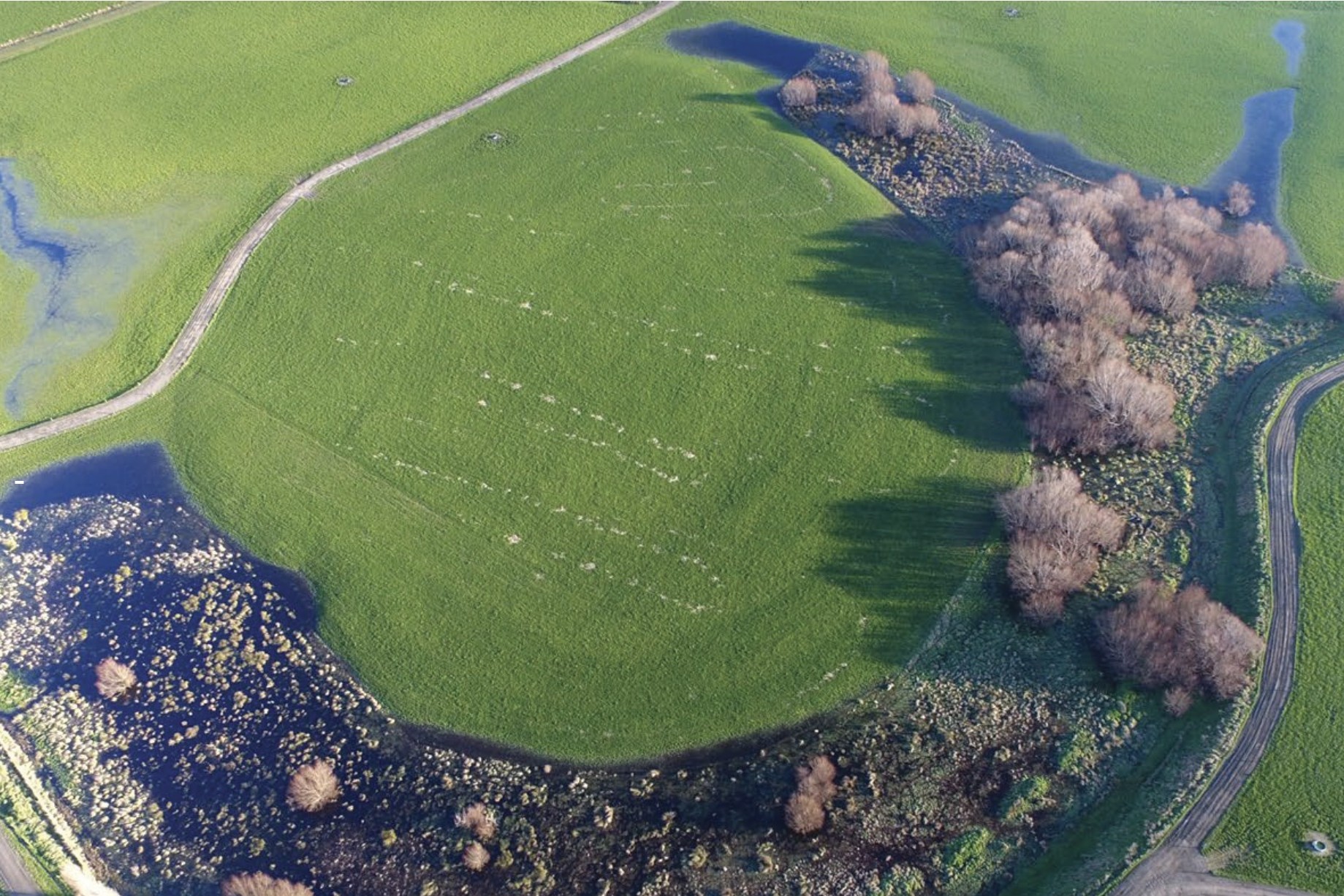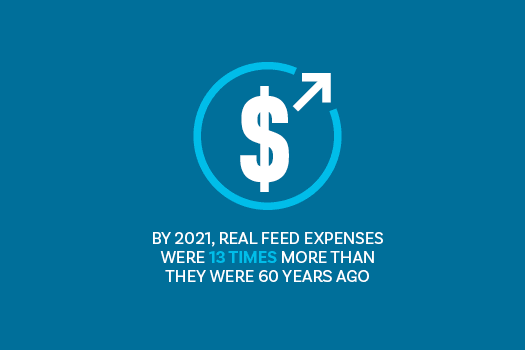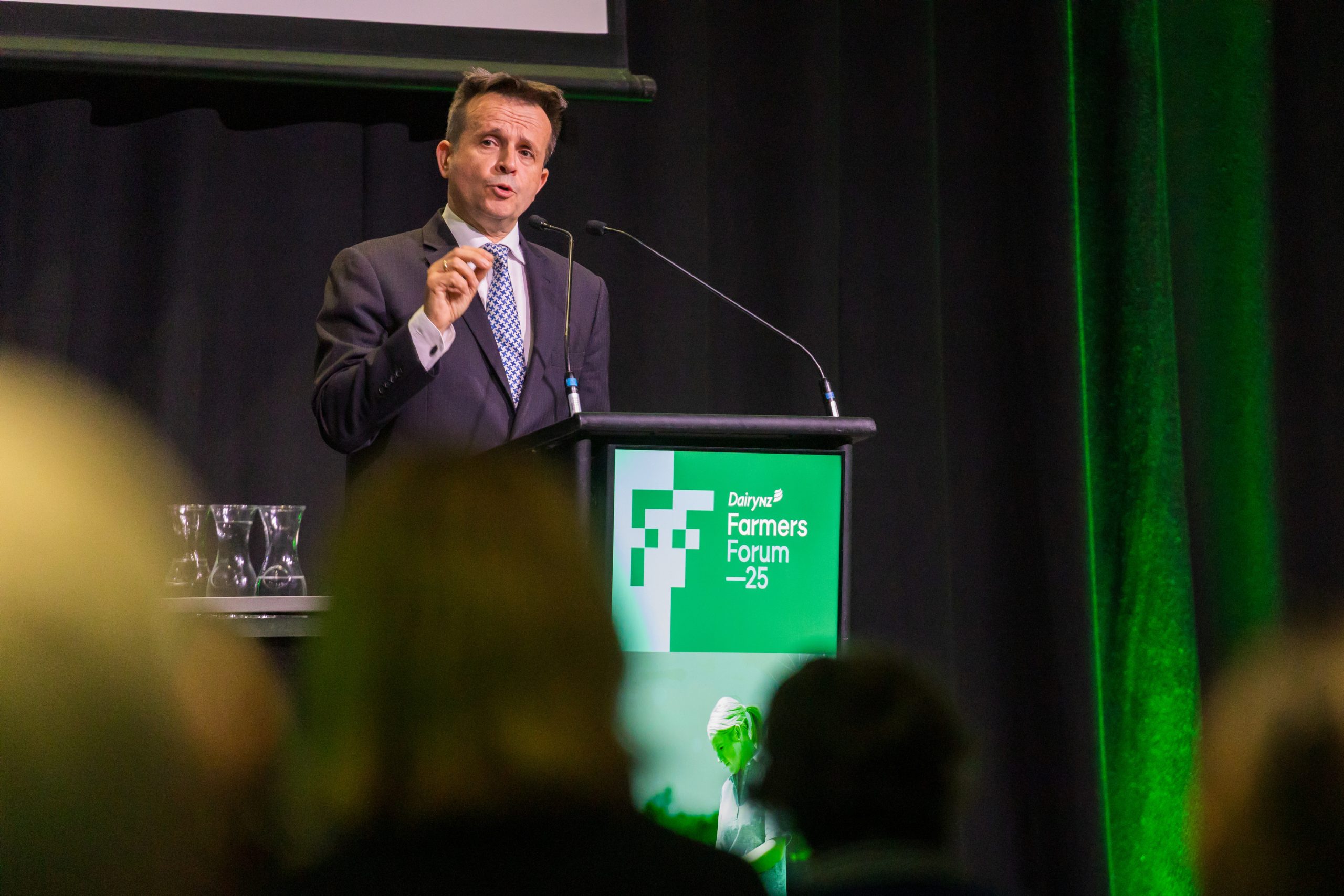A primary purpose
Nearing the end of his time at Dairy NZ as chief executive, Tim Mackle discusses his leadership role - and the importance of purpose. By Claire Ashton.
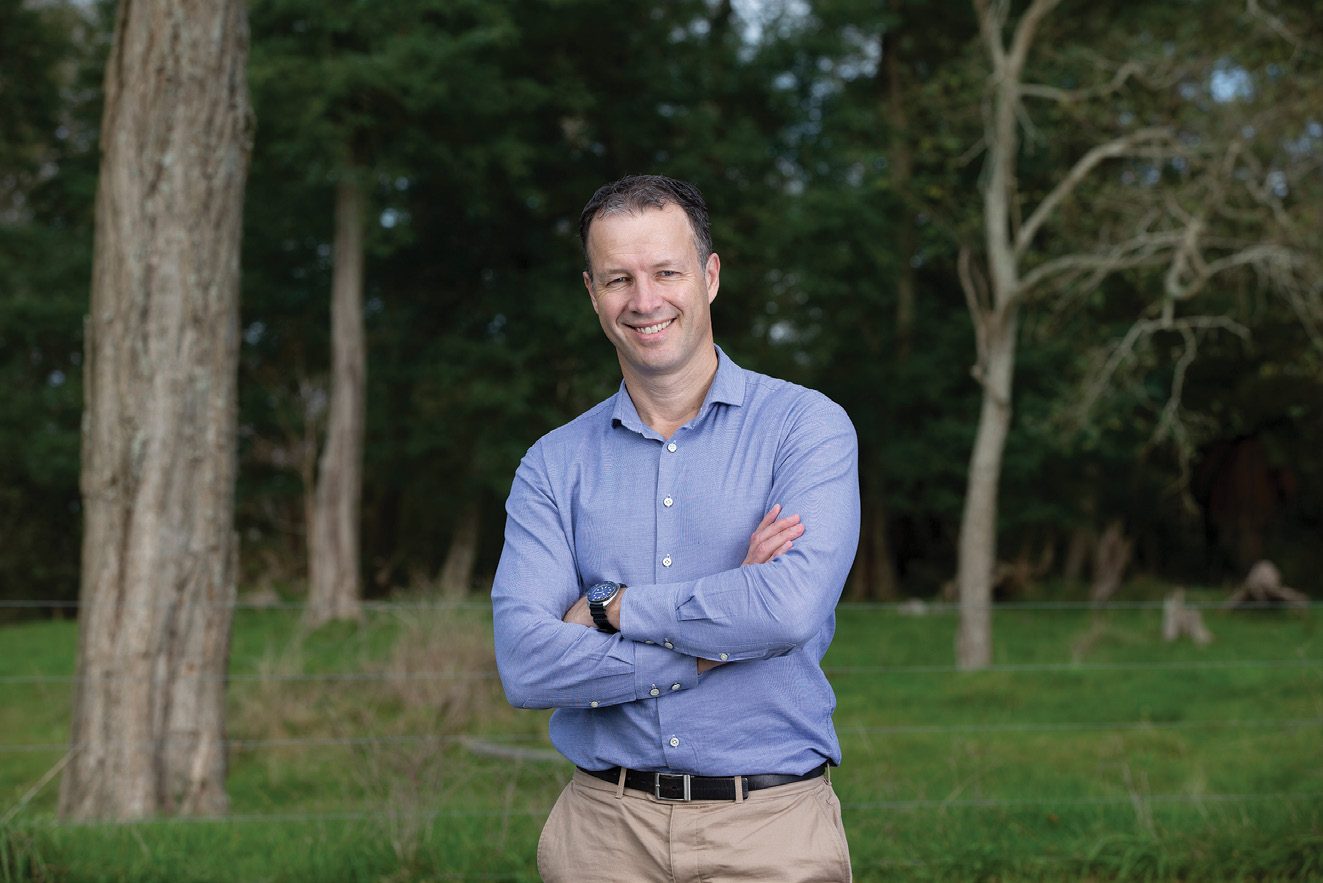
Dr TimMackle is upfront about leadership.
“I don’t want this to sound like it is all about me. It looks like one person up there but behind me – and right next to me – is a whole bunch of people.
“Leadership is at every level across the organisation, it is all driven by values – what do you do when no one is looking? What is the right thing to do – not the easiest.”
What has helped him and given him courage is that purpose and for over 15 years Dairy NZ has been Tim’s purpose. Coming from a farming background, being able to contribute to farming has held a lot of meaning for Tim. Part of it, he says, is a belief in what you are doing – that will get you a long way down the track.
“It’s cliched but I have been a big believer in finding the meaning and purpose in what you do – and why we are here. It is such an important if not critical sector to the country. Dairy is a wonderful product that nourishes us both as a country and worldwide.”
Tim sees leadership as directly related to people; being able to create environments where people can really excel and deliver and be at their best to fulfil their potential – and that is what Dairy NZ are trying to achieve as an organisation.
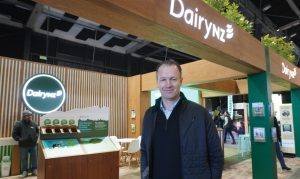
Leadership and mentoring are intertwined. Progressing from the Dairy Board to chief executive of Dexcel, to chief executive of Dairy NZ at aged 35, Tim had previously worked with Craig Norgate, who provided sound advice and support along the way for Tim.
Craig was also chief executive of Fonterra at 35, along with Teresa Gatting, who was 35 when chief executive of Telecom – although Tim is quick to point out their roles were an order of magnitude more challenging.
Having a sounding board or guidance is a big thing, Tim believes, whether it be a formal coach or just someone you can connect with.
“I have been very lucky through my whole career. But you do also need to go out and make those relationships and connections if you can.”
Among his mentors, Tim has a high regard for the three Chairs of DairyNZ he’s worked with, Arnold Bryant, and Dale Bauman at Cornell, who supervised his PhD. As a mentor himself, there are people Tim catches up with regularly in a more informal capacity.
“I hope I have rubbed off on people in a positive way along the way. As a leader you want to create an environment where people can thrive and excel. My role is not to stand there and dictate. It’s how can you serve others, so that they can ultimately then serve farmers.”
Something that struck Tim early is that it’s not about telling people how to do their job, it’s how to enable them, so things they don’t need to worry about are taken care of.
It is also about having the best team and making sure people are around who are smarter than you.
If you are not adding value as a leader, then you need to get out of the way.
“No one is ever perfect as a leader, and I do believe that you should always be trying to get better at what you do. You are never there – and this may come across as a bit much, but lifelong learning is vital, even if you don’t change your field – you can still improve.”
Just as leaders aren’t 100% perfect, Tim accepts Dairy NZ isn’t either. Through science and economics, the organisation provides research and innovation. Dairy NZ isn’t the be-all and end-all, farmers are out there innovating as well. They strive to be better, and they don’t always get things right.
“Dairy NZ will always get better – and after I leave no doubt it will continue to get better,” Tim says.
Tim believes that industry good is still super critical and it is important to continue believing in it.
“The case for industry good certainly won’t diminish at all, we need a collective approach to face the challenges ahead, and it may get stronger because of the complexities of farming.
“It won’t get simpler anytime soon. If farmers aren’t happy, we are a democracy, there are directors and elections, and I encourage farmers to give feedback and and not to wait for the levy vote to engage.”
Farmers in New Zealand are good at adapting and changing and given their track record, Tim feels farmers are capable of evolving and facing what is coming down the pipeline, whether it be in the regulatory field or driven by markets.
However, Tim doesn’t want to make light of the burden farmers have been under for the last few years and ponders on the fact that in a more complex world and given that we are in the information age with a vast diversity of ideas, will the dairy industry remain as cohesive and cooperative?
What Tim has noticed that makes NZ have among the top competitive farmers in the world are a combination of factors; the collective spirit of working together, being rapid adopters of technology, genetics or farm systems. Most of our farmers generally want to help other farmers, to inspire, support and motivate each other.
Some of the changes since Tim began in the industry are significant, for example the major increase of dairying in the South Island, which would have been even more substantial if it weren’t for farming with limits.
The Covid challenge
Being a chief executive during Covid had its challenges, though Tim admits he didn’t face quite the challenges some others did, as the primary industry kept moving and the positivity around it boosted farmer morale. Farmer challenges were often around labour and staffing, keeping staff safe onfarm and also just keeping hold of staff.
“A big shout out must go to everyone from farmers through to the dairy companies that just kept going, kept processing to keep the product moving right through the value chain including the shipping disruptions.”
Dairy being a short-lived, perishable product has to be kept moving – it was vital as food suppliers to get that to market.
Tim is very proud of how the sector banded together. Government engagement was high as regulations were changing constantly, and the Ministry for Primary Industries (MPI) was very helpful in their engagement.


